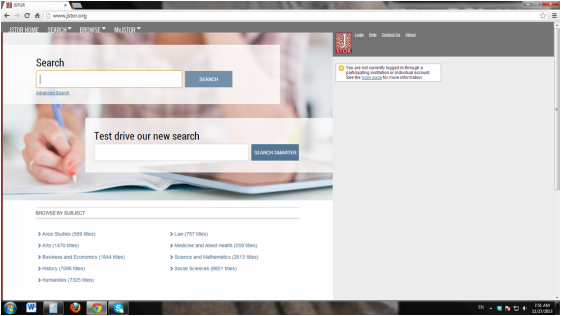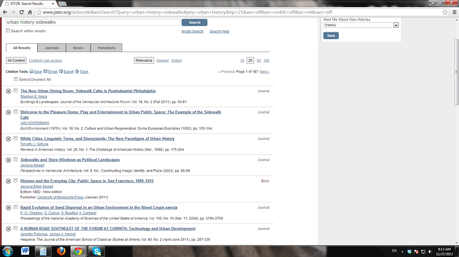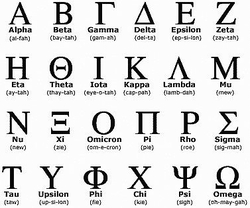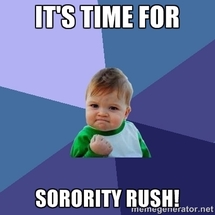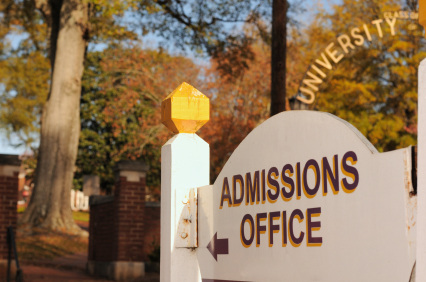Peer-reviewed is the operative word here; it means that a scholar's work was vetted by his or her colleagues and passes the field's standards for quality, accuracy, and credibility.
Wikipedia, conversely, while valuable, is an open resource, which means anyone can contribute information, with or without conducting extensive research on a given topic.
Peer-reviewed journal articles, academic books, and primary source material are considered scholarly resources, which are the only kinds that count when you are writing a university-level paper.
Do not hand in a paper that references information you found on Wikipedia, some guy's blog, and one of those websites with lots of blinking graphics and comic sans font.
JSTOR Basic Search
In other words, it'll save you many trips to the library.
[Click images throughout for bigger image of screenshots.]
Start with a Basic search. Assume I am working on a paper for my Urban History class. The professor assigned us to research the history of a specific aspect of city living.
I've already thought over what topics I might want to write about: streets, parks, train stations, a city zoo.... All seem potentially interesting, but I'm not sure about which direction I want to take my paper until I've seen what information is out there.
Now, there are more and less effective ways to tackle the preliminary research. Sure, I can type in "Urban History" if I want to sort through 437, 657 entries. However, if I have the idea to trace the rise of sidewalks in urban spaces, I can input the much more specific "urban history sidewalks," I get the entries back to a more manageable and immediately relevant 4,670.
Start Digging
Accessing An Article
Source-GUided Content
If you are writing a research paper, you need to engage with the sources to provide a compelling argument. Present material that confirms your own argument, but make sure to include the counterargument as well. Then, with additional evidence, address why you find the counterargument lacking.
Other Research Databases
- Academic Search Premier / EBSCO
- PubMed
- ProQuest Dissertations and Theses
- ProQuest ERIC (Educational Resources Information Center)
- Google Scholar
- WorldCat
Keep in mind there are also databases specific to a certain field of study. If you are looking for information on archival documents available in Europe, you should spend less time on JSTOR and more time on something like the University of Wisconsin at Madison's Historical Research in Europe.
Start broad, letting your initial findings help you zero in on a detailed topic. Then adjust your research strategy when necessary, using more field-specific databases.
If you are unsure if your source counts, ask your professor or TA. In time you will learn how to differentiate a scholarly source from some guy's opinion.
